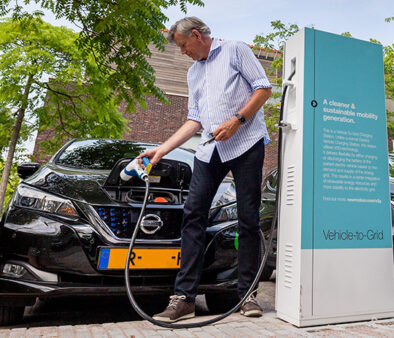The EU is “lagging behind international competitors” in its quest to build a world-beating battery cells production industry, a report has warned.
The briefing paper by the European Court of Auditors— the EU’s independent external auditor— said Europe needs to “ensure a coherent strategy” for developing energy storage technologies and “reduce the complexity of EU research funding”.
Without a change in policies, ambitious manufacturing, energy saving and climate goals set by the European Battery Alliance could fail to materialise, the paper warned.
As the EU is developing the manufacturing capacity for lithium-ion batteries used in electric vehicles and energy storage devices later than “other leading global regions”, the bloc will enter the battery-production market as a ‘second mover’— and face “difficulties gaining a competitive advantage”, the paper said.
According to the paper, between 2014 and late 2018, €1.3 billion (US$1.4bn) from the EU’s flagship Horizon 2020 research programme was granted for grid energy storage or low carbon mobility projects. However, “there is a risk that the EU has not sufficiently supported the market deployment of innovative energy storage solutions”.
Phil Wynn Owen, the member of the Court responsible for the briefing paper, said: “The EU has taken steps to develop a strategic framework for energy storage, but there is a risk that the measures taken so far will not be sufficient to achieve the EU strategic objectives for clean energy.”
At the same time, the European Battery Alliance “is largely focused on existing rather than breakthrough technologies, and risks not achieving its ambitious objectives”, the paper said.
The paper is online.












